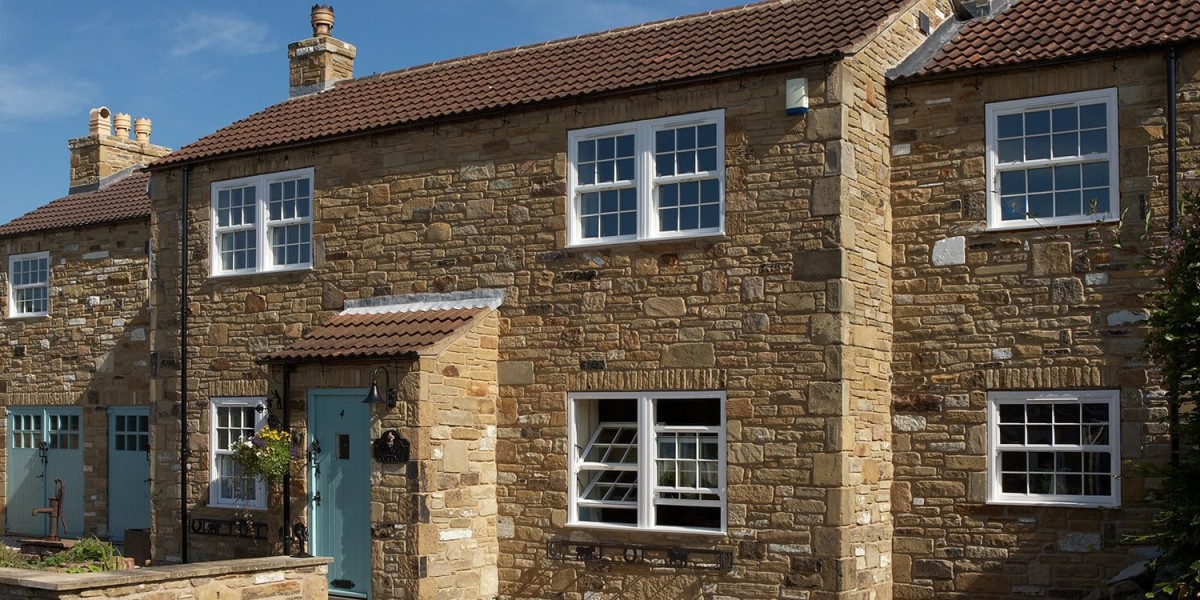Window installation is a crucial aspect of home improvement, ensuring energy efficiency, security, and aesthetics. One of the most important certifications in the UK for window installation is FENSA, which stands for the Fenestration Self-Assessment Scheme. This report provides an in-depth look at FENSA, its significance, the installation process, and the benefits of using FENSA registered installers.

What is FENSA?
FENSA is a government-authorized scheme that was established in 2002 to ensure that replacement windows and doors in homes in England and Wales meet the required building regulations. The scheme is designed to protect homeowners by ensuring that installations are carried out to a high standard and comply with the relevant legal requirements. FENSA is particularly important because it provides a way for homeowners to verify that their installation meets safety and performance standards without needing to apply for building regulation approval themselves.
Importance of FENSA Certification
- Compliance with Building Regulations: FENSA ensures that all installations comply with the latest building regulations. This is crucial for maintaining safety standards and ensuring that homes are energy efficient.
- Consumer Protection: Homeowners who choose FENSA registered installers are protected from poor workmanship. The scheme provides a level of assurance that the work will be carried out to a high standard.
- Warranty and Insurance: FENSA certification often comes with warranties and insurance protections for homeowners. This means that if something goes wrong after the installation, homeowners may have recourse through the installer’s insurance.
- Easier Sale of Property: If a homeowner decides to sell their property, having FENSA certification can simplify the process. It provides potential buyers with proof that the windows were installed by a qualified professional and meet all necessary regulations.
The Installation Process
The process of window installation under the FENSA scheme involves several key steps:
- Choosing a FENSA Registered Installer: The first step for homeowners is to select a FENSA registered installer. This can usually be done by checking the FENSA website or asking for recommendations.
- Consultation and Quotation: The installer will typically conduct a consultation to assess the homeowner's needs and provide a detailed quotation. This should include information about the types of windows, materials, and costs involved.
- Site Survey: Before installation, the installer will carry out a site survey to measure the windows and https://clean.uk.com check for any potential issues that could affect the installation.
- Installation: The actual installation process involves removing the old windows and fitting the new ones. This should be done according to FENSA guidelines to ensure compliance with building regulations.
- Post-Installation Checks: After installation, the installer will conduct checks to ensure that everything has been done correctly. This may include testing the windows for functionality and ensuring that they are sealed properly.
- Issuing the FENSA Certificate: Once the installation is complete and passes all checks, the installer will issue a FENSA certificate. This document serves as proof that the installation complies with building regulations.
Benefits of Using FENSA Registered Installers
- Quality Assurance: FENSA registered installers are vetted and must adhere to strict standards. This means that homeowners can expect high-quality workmanship.
- Peace of Mind: Knowing that the installation is compliant with building regulations provides homeowners with peace of mind. They can rest assured that their new windows are safe and efficient.
- Energy Efficiency: FENSA registered installers are knowledgeable about the latest energy-efficient products and techniques. This can help homeowners reduce their energy bills and minimize their environmental impact.
- Professional Advice: FENSA installers can provide expert advice on the best types of windows for a home, taking into account factors such as style, energy efficiency, and budget.
- Regulatory Updates: FENSA registered installers stay up to date with changes in building regulations and industry standards, ensuring that homeowners receive the most current information and services.
Common Types of Windows Installed
FENSA registered installers can install a variety of window types, including:
- uPVC Windows: These are popular for their durability, low maintenance, and energy efficiency. They are available in various styles and colors.
- Aluminium Windows: Known for their strength and sleek appearance, aluminium windows are often chosen for modern homes. They are also highly energy efficient.
- Timber Windows: For a more traditional look, timber windows offer aesthetic appeal and can be very energy efficient if properly maintained.
- Composite Windows: These windows combine materials, such as timber and uPVC, to offer the benefits of both, including strength and insulation.
Conclusion
In summary, FENSA plays a vital role in the window installation industry in the UK. By ensuring that installations comply with building regulations, FENSA protects homeowners and promotes high standards of workmanship. Choosing a FENSA registered installer not only guarantees quality but also provides peace of mind and potential savings on energy bills. Homeowners should always consider FENSA certification when planning window installations to ensure they receive the best service and protection available.






